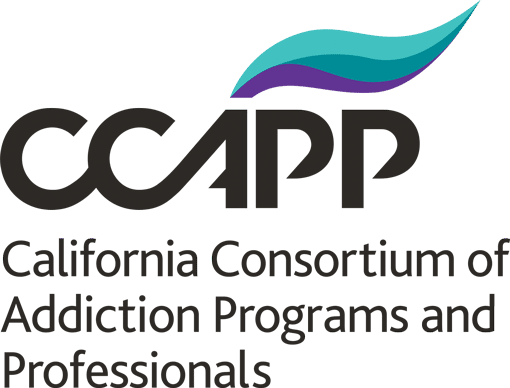
Recovery from addiction is indeed a challenging journey, with relapse prevention being a crucial component of long-term sobriety. Among the many factors contributing to relapse, sleep is sometimes overlooked. Quality sleep significantly influences our physical and mental well-being, and its importance in addiction recovery cannot be underestimated.
Continue reading as we look into the link between sleep and relapse prevention and why a good night’s rest is vital for maintaining sobriety.
The Science Behind Sleep and Addiction
To grasp the connection between sleep and relapse prevention, it’s vital to explore the scientific aspect. Addiction can profoundly disturb sleep patterns, causing persistent sleep issues for individuals in recovery. Substance abuse changes the brain’s chemistry, impacting the neurotransmitters that manage sleep regulation. This disturbance can manifest as insomnia, frequent awakenings, and diminished sleep quality.
Conversely, insufficient sleep can amplify cravings and impulsiveness, heightening the relapse risk. Sleep deprivation influences the brain’s reward system, making individuals more inclined to pursue immediate gratification, like substance use, to manage fatigue and stress. Additionally, it impairs the brain’s capacity for rational decision-making and resisting cravings, posing challenges for those in recovery to maintain their course.
The Cycle of Sleep and Relapse
The link between sleep and relapse forms a cyclical pattern. Individuals in recovery frequently encounter sleep disruptions as withdrawal symptoms, which can endure during early recovery stages. As sleep quality diminishes, emotional stability, cognitive function, and overall well-being are affected. Consequently, vulnerability to cravings and triggers rises, posing greater challenges to sustaining sobriety.
Additionally, stress and anxiety, which are common in early recovery, can exacerbate sleep problems. When people are sleep-deprived, they are more likely to experience heightened stress and anxiety levels, which can further trigger cravings for substances that provide temporary relief. This creates a vicious cycle where sleep disturbances increase the risk of relapse, and relapse, in turn, worsens sleep problems.
The Importance of Sleep Hygiene in Recovery
Here are some key tips for improving sleep quality during recovery:
Establish a Regular Sleep Schedule
Going to bed and waking up at the same time every day, even on weekends, helps regulate the body’s internal clock and improves sleep quality.
Create a Relaxing Bedtime Routine
Engage in calming activities before bed, such as reading, meditation, or gentle stretching. Avoid stimulating activities like watching intense TV shows or using electronic devices.
Optimize Your Sleep Environment
Ensure your sleep environment is comfortable and conducive to rest. This includes keeping the bedroom dark, quiet, and at a comfortable temperature.
Meditate and Pray
Meditating and praying can help with addiction recovery. These practices can help you connect with a higher power and find inner peace and calmness. When your mind is calm, you’ll sleep better.
Seek Professional Help
If sleep problems persist, consider consulting a healthcare professional or sleep specialist for guidance and potential treatment options.
Remember, when it comes to addiction recovery, a good night’s sleep is not just a luxury—it’s a necessity. Finding mental peace can help you sleep better. Allow prayer to deepen your relationship with God and cultivate a sense of peace and serenity.
Ready to embark on your journey of faith-based addiction recovery? Discover this transformative power with Christian’s Drug Rehab. Find compassionate support, evidence-based treatments, and a holistic approach that integrates spirituality and recovery. Take the first step towards healing today and contact us to learn more about our programs.












